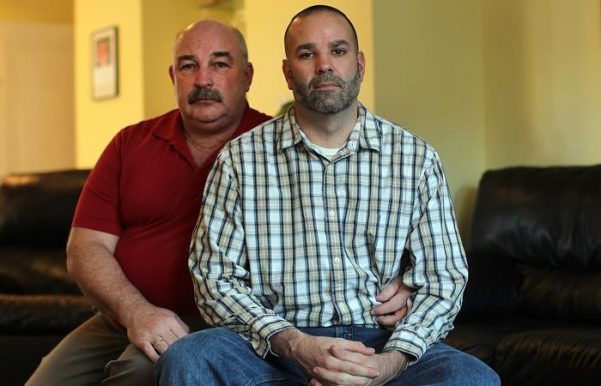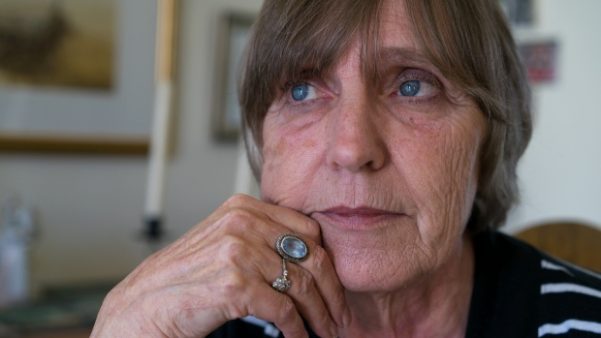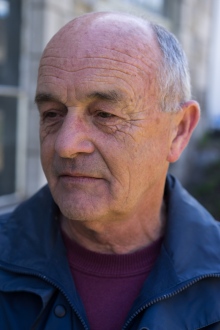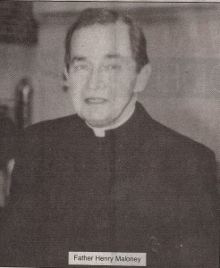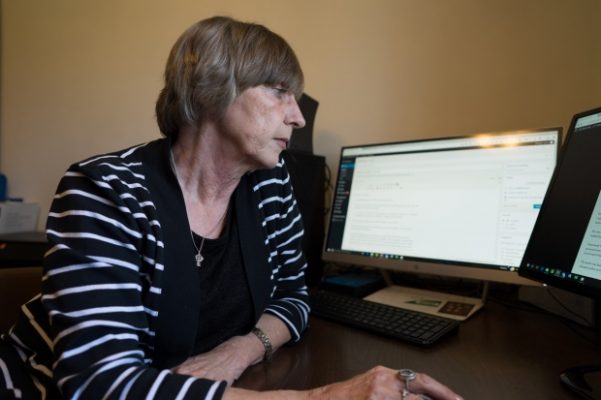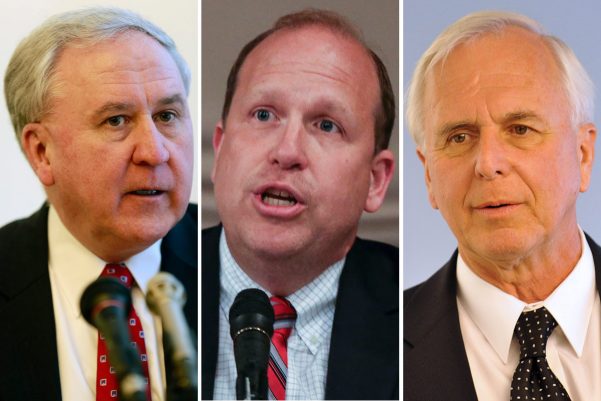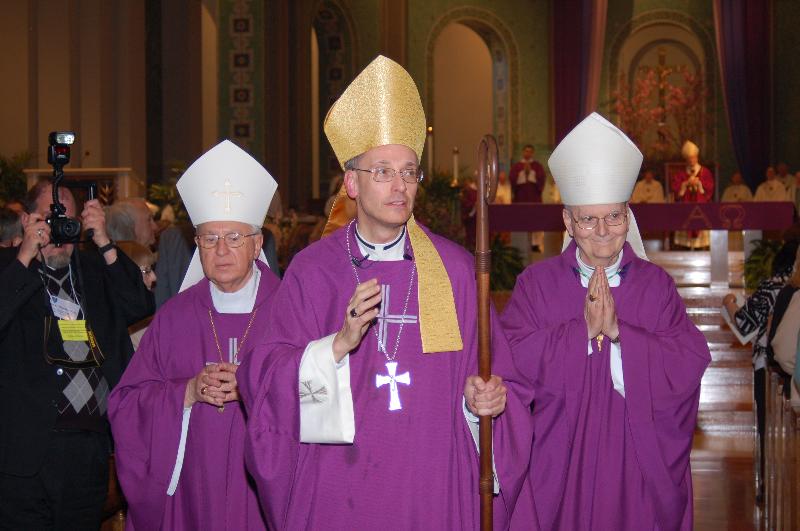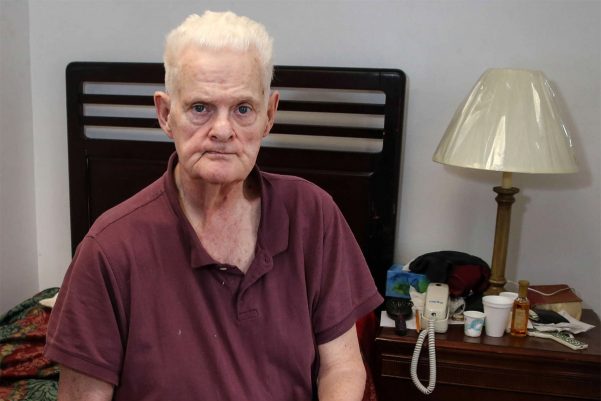
by Mike Newall
There is a bill before the state Senate that would do something real – something lasting – for survivors of sexual abuse. Something that would allow so many the opportunity for justice they have long been denied. Something that could help them heal – that could help them ease and carry their burdens.
Passed by the House on April 12, H.B. 1947 would eliminate the criminal statute of limitations for sexual abuse and extend the civil statutes by 20 years, until victims turn 50. It would allow victims to sue over abuse that occurred decades ago.
The bill does not go far enough. As written, it would offer no recourse to the many victims of the Catholic Church abuse scandal who are older than 50. But it would represent real and significant progress.
“It would be a big victory,” said John Salveson, an abuse survivor from Wayne and the founder of the Foundation to Abolish Child Sex Abuse. “We have been trying to do this for years. The resistance has just been impossible to overcome.”
It has, of course, taken way too long for legislators to get to the point where the impossible now seems possible.
It took two scathing Philadelphia grand jury reports – one in 2005, another in 2011 – outlining decades of sexual abuse of children by priests and other clergy and decades of cover-up by the church hierarchy.
More recently, it took the equally indefensible revelations in a March grand jury report on the Altoona-Johnstown Diocese, where church leaders, prosecutors, and police reportedly ignored decades of abuse allegations.
It took the indictments, a few weeks later, of three Franciscan leaders in Johnstown who prosecutors say covered up for a friar who abused at least 100 children over two decades.
It took too much.
And the bill would not be even a possibility if it were not for the committed leadership of State Rep. Mark Rozzi (D., Berks), the bill’s driving force and an abuse victim himself, who told the Inquirer that he is pushing for its passage with “full guns blazing.”
That is welcome news.
I have covered this story since the first whispers of scandal seeped from the Philly Archdiocese in 2002, first for Philly’s alternative weekly newspapers and then as a correspondent for the National Catholic Reporter. Over the years, I have spoken with dozens of survivors.
People like Brian McDonnell, 70, who was abused by a priest at the now-closed St. Gregory’s in West Philadelphia. Brian suffered years of mental illness, the manifestations of which, his doctors said, were inextricably intertwined with his abuse. His family had to fight the archdiocese to help navigate the maze of mental health treatment.
Brian died in April, apologizing to his relatives for being a “burden.” He was the furthest thing from that to the people who loved him. But how could you blame him for thinking it? It’s exactly how the church he loved so much treated him.
I have spoken, too, with relatives of victims who did not survive, but were lost to drugs or suicide, to the toxic shame and anger that swallow so many victims.
People a bill like this could have helped.
Like James Spoerl, who was 44 and lived in Northeast Philadelphia. He suffered through years of depression and addiction stemming from abuse he suffered at the hands of a priest as a 9-year-old altar boy at St. Cecilia Parish.
The statute of limitations had expired when James stepped forward in 2002. It was too late for a civil suit. His mother, Catherine, became her son’s advocate, struggling with the archdiocese, she says, to get him the proper therapy and addiction treatment he needed.
“Their response has always been cold and formal,” she said of the archdiocese, a sentiment echoed by many Philadelphia survivors. “They have lacked compassion, attentiveness, empathy, and a repenting spirit.”
Meanwhile, James documented his anguish in his journals.
“I forgive you [expletive] for the cover-up of abuse and all the children you sent to hell here on earth,” he wrote of the church on one page.
James Spoerl died March 30, after battling diabetes and other illnesses.
His mother is now fighting for other mothers’ sons.
“My son did not live long enough to see a change,” she said of the bill that would eliminate the statute of limitations. “But I hope that others who are waiting to be heard are soon granted this right. No human being should be denied this right.”
No, they should not.
Complete Article HERE!

